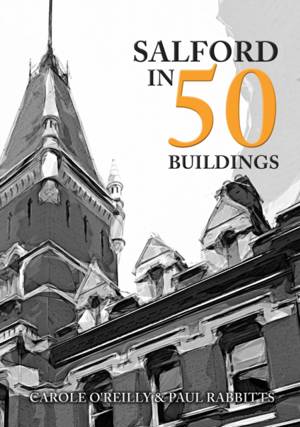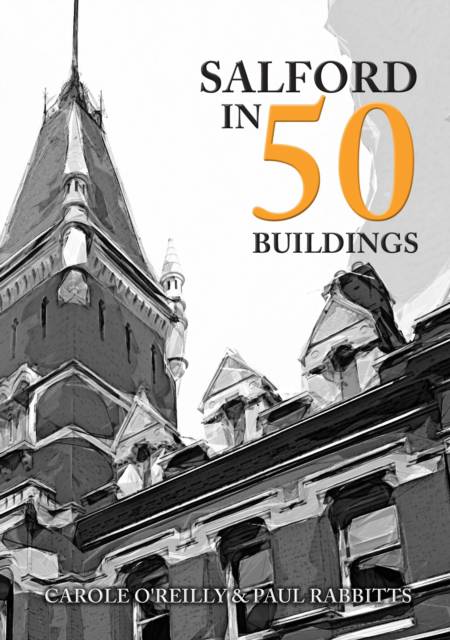
- Retrait gratuit dans votre magasin Club
- 7.000.000 titres dans notre catalogue
- Payer en toute sécurité
- Toujours un magasin près de chez vous
- Retrait gratuit dans votre magasin Club
- 7.000.0000 titres dans notre catalogue
- Payer en toute sécurité
- Toujours un magasin près de chez vous
22,45 €
+ 44 points
Description
Although little is recorded of its earlier history, Salford is a city of great antiquity. In 1228, Henry III granted the Lancashire town the right to hold a market and an annual fair. Centuries later, it was the Industrial Revolution that had a phenomenal impact, with Salford becoming one of the greatest cotton towns. With the opening, in 1894, of the Manchester Ship Canal the newly-built docks in Salford formed another major factor in the local economy. Today, the city is made up of five districts: Salford, Eccles, Worsley, Irlam and Cadishead, and Swinton and Pendlebury. Home to 220,000 people, Salford is constantly changing and moving into an exciting future as a thriving cultural, economic and residential location. In Salford in 50 Buildings, authors Paul Rabbitts and Carole O'Reilly discover 50 of the city's architectural treasures and landmarks from across the centuries. These are the places which reflect the city's history and tell the stories of its people and their way of life. Among those featured are university buildings, the cathedral, Irlam Railway Station, Worsley Old Hall, Ordsall Hall, together with schools, shops, pubs, and churches. Each one chronicles a fascinating aspect of the city's cultural, social, and industrial heritage. From urban buzz to greenbelt tranquillity, Salford is building on the mixture of its waterfront, urban and countryside environments to create places where people want to live, work, invest, and visit. Its modern structures reflect this change with iconic buildings appearing such as the Lowry Theatre and Salford Quays. The city celebrates its Victorian heritage as well as embracing the future with stunning new architecture.
Spécifications
Parties prenantes
- Auteur(s) :
- Editeur:
Contenu
- Nombre de pages :
- 96
- Langue:
- Anglais
- Collection :
Caractéristiques
- EAN:
- 9781445694221
- Date de parution :
- 15-02-20
- Format:
- Livre broché
- Format numérique:
- Trade paperback (VS)
- Dimensions :
- 168 mm x 234 mm
- Poids :
- 272 g

Les avis
Nous publions uniquement les avis qui respectent les conditions requises. Consultez nos conditions pour les avis.






